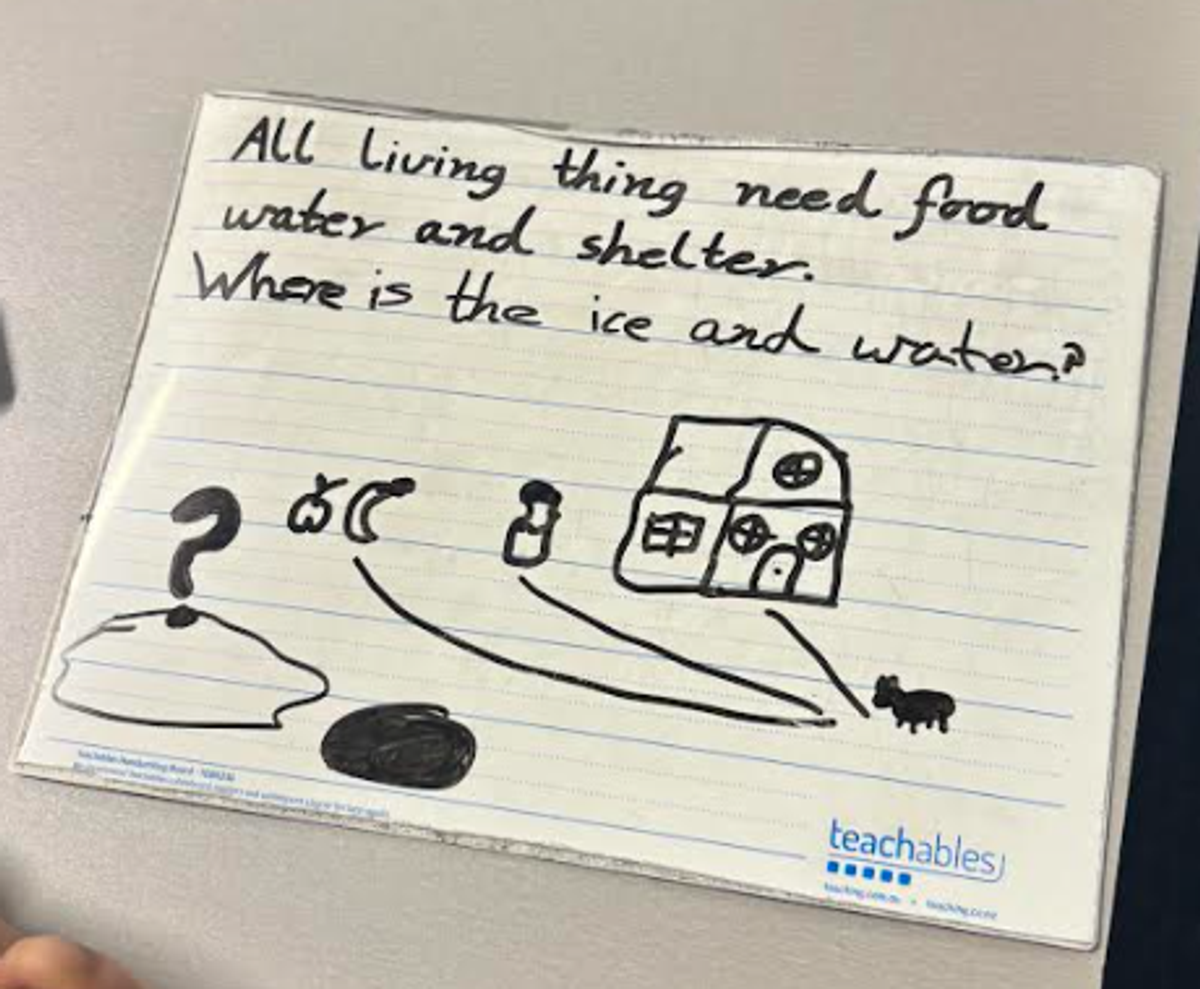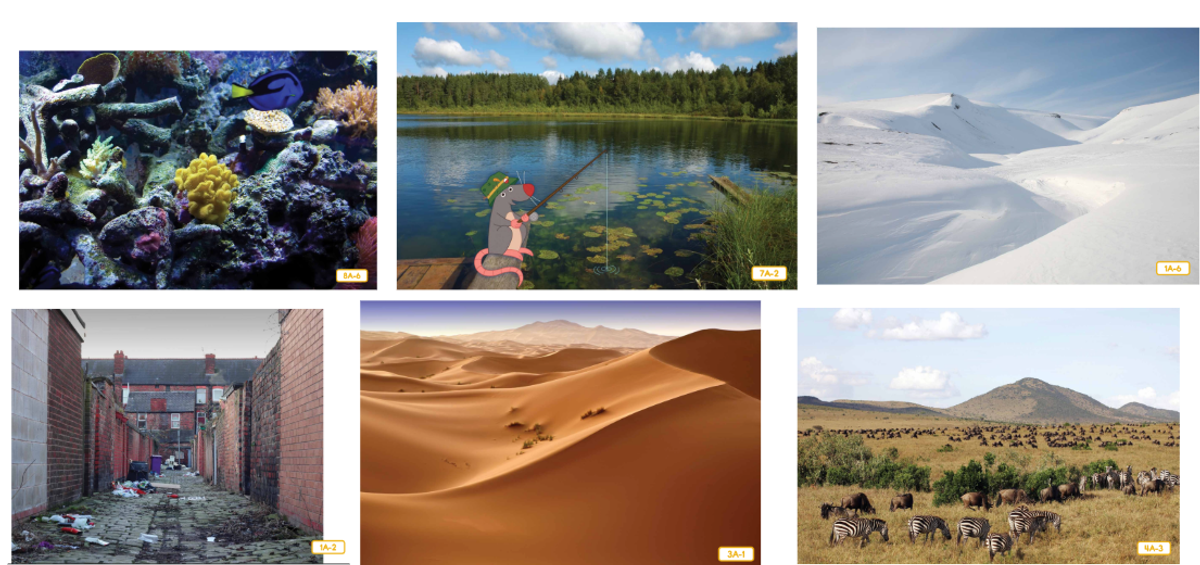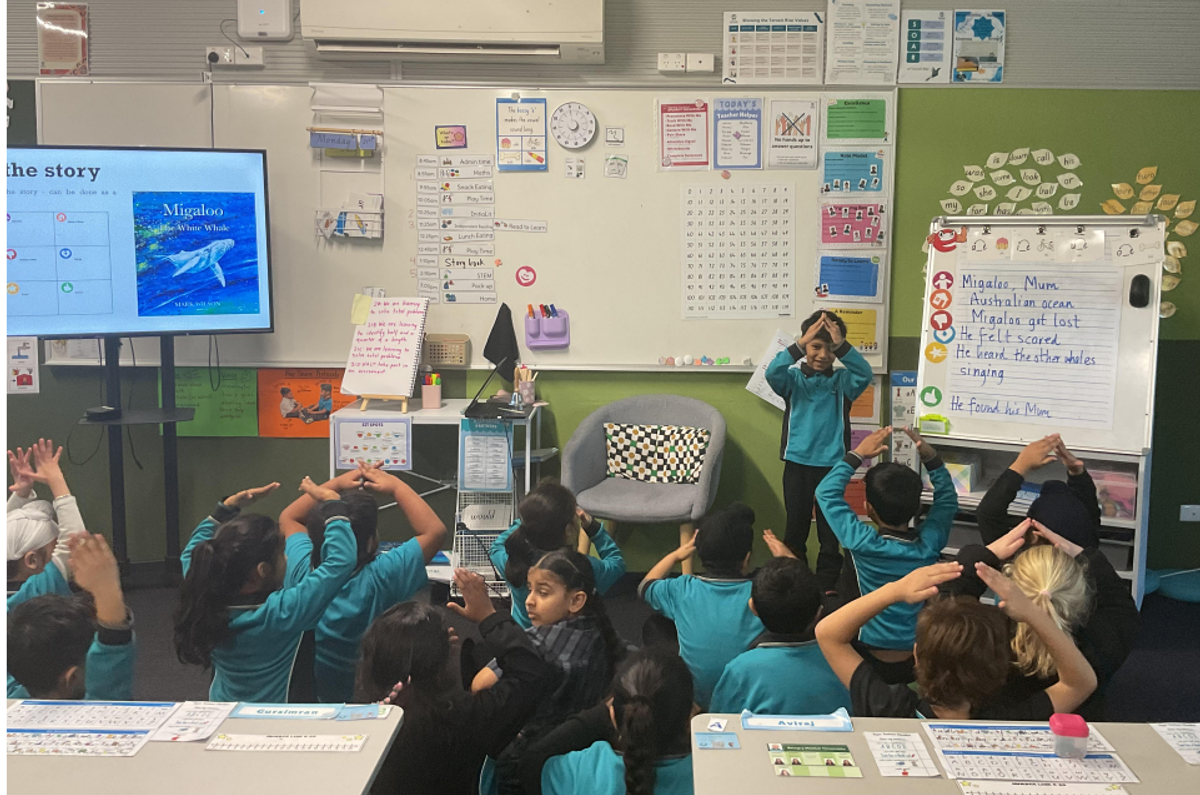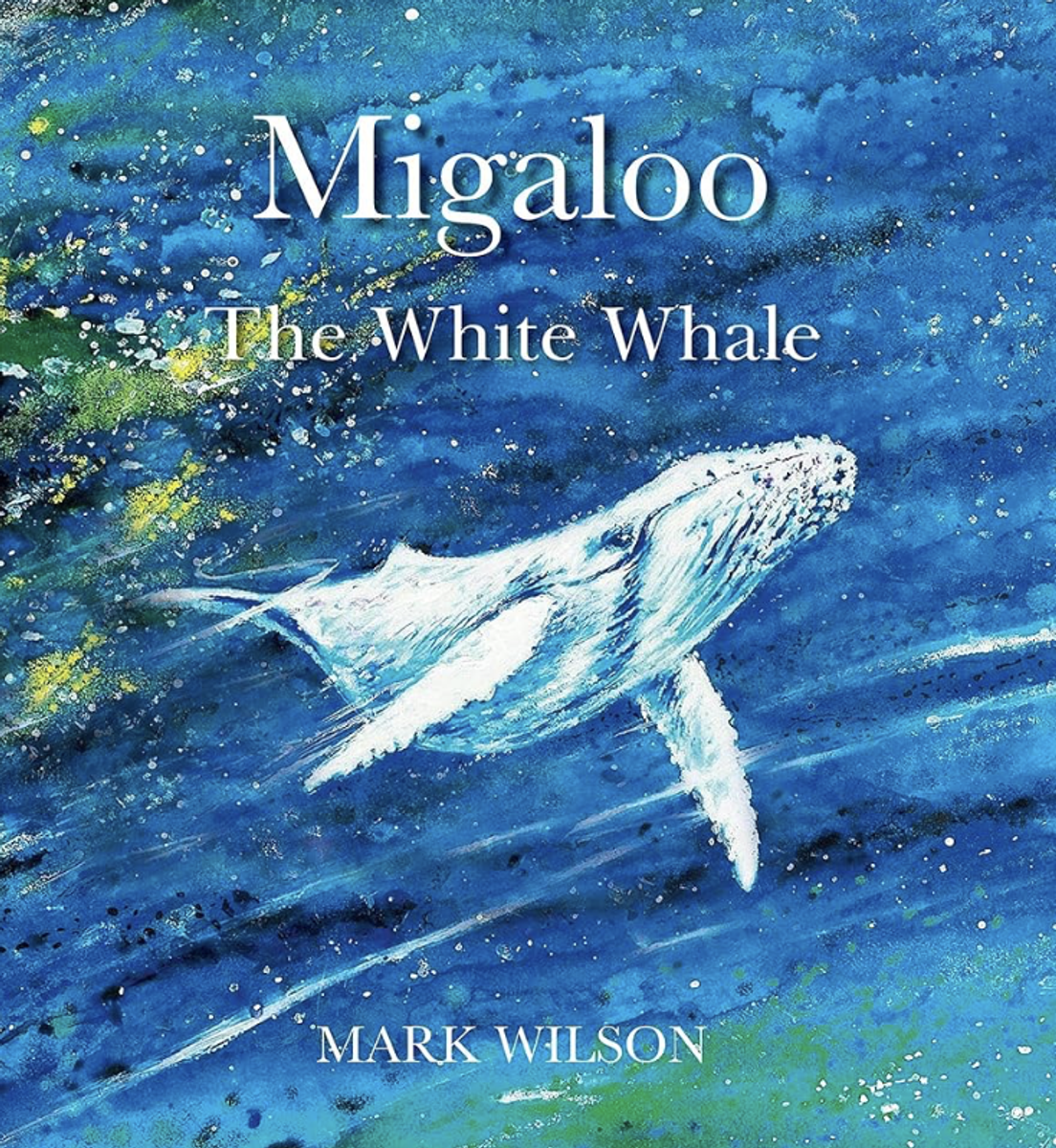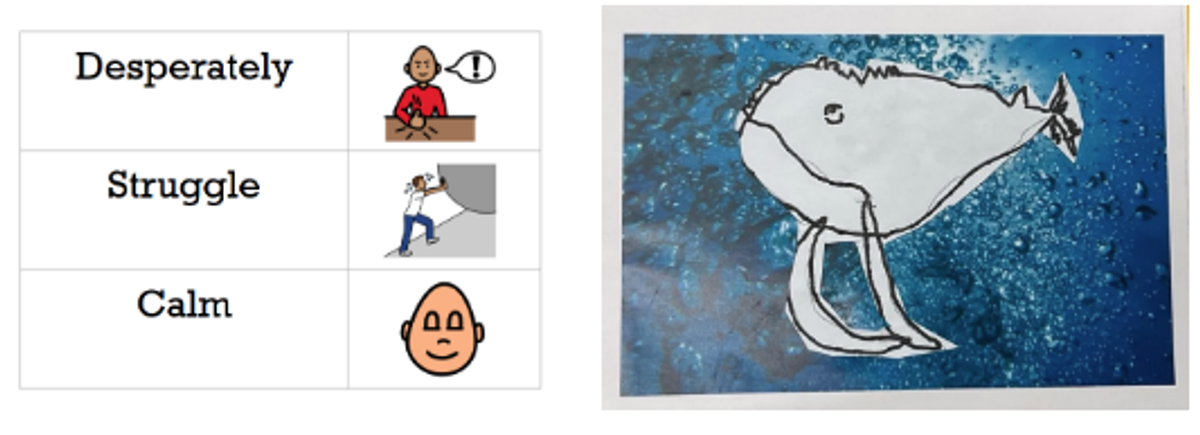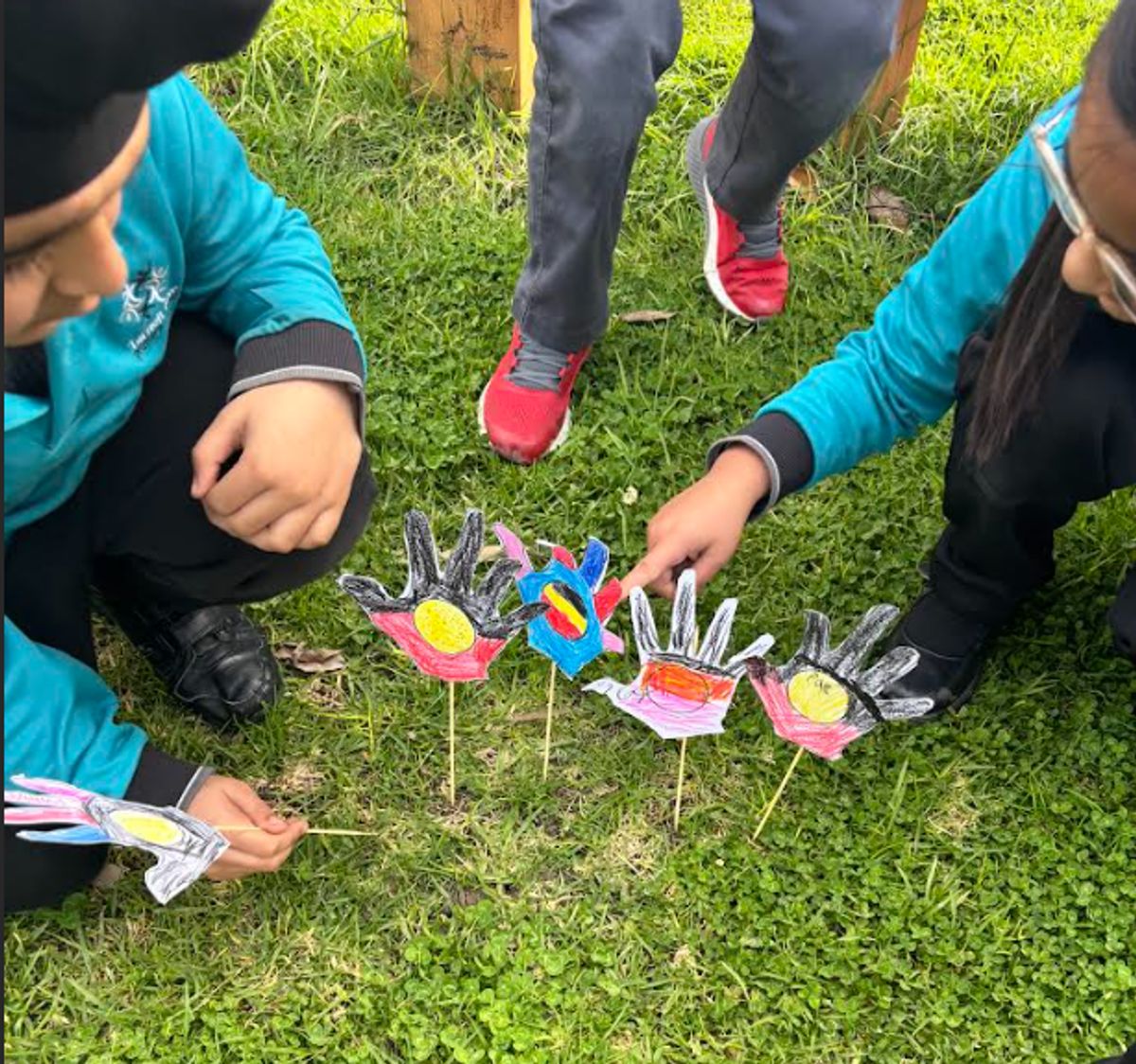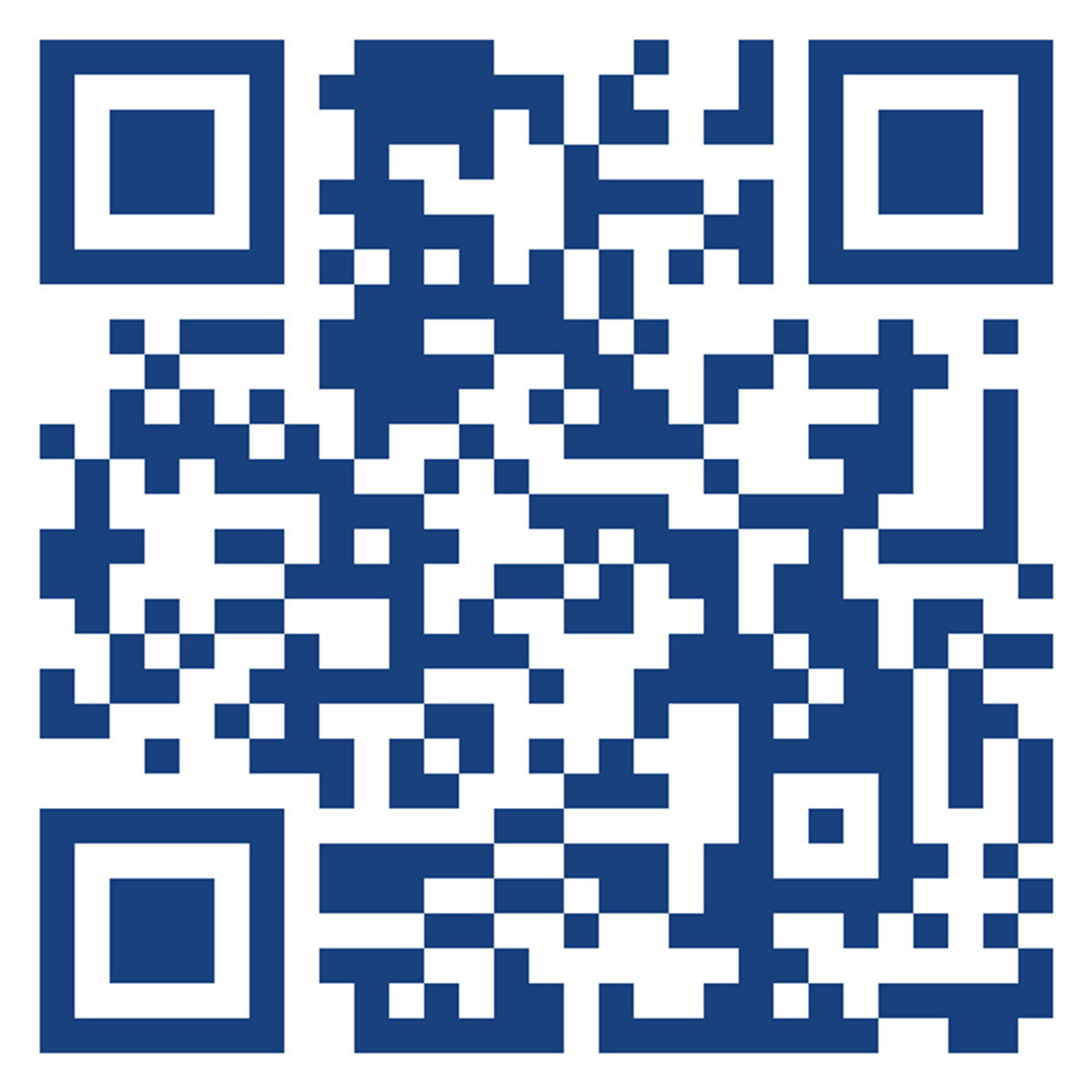Grade 1 Community News
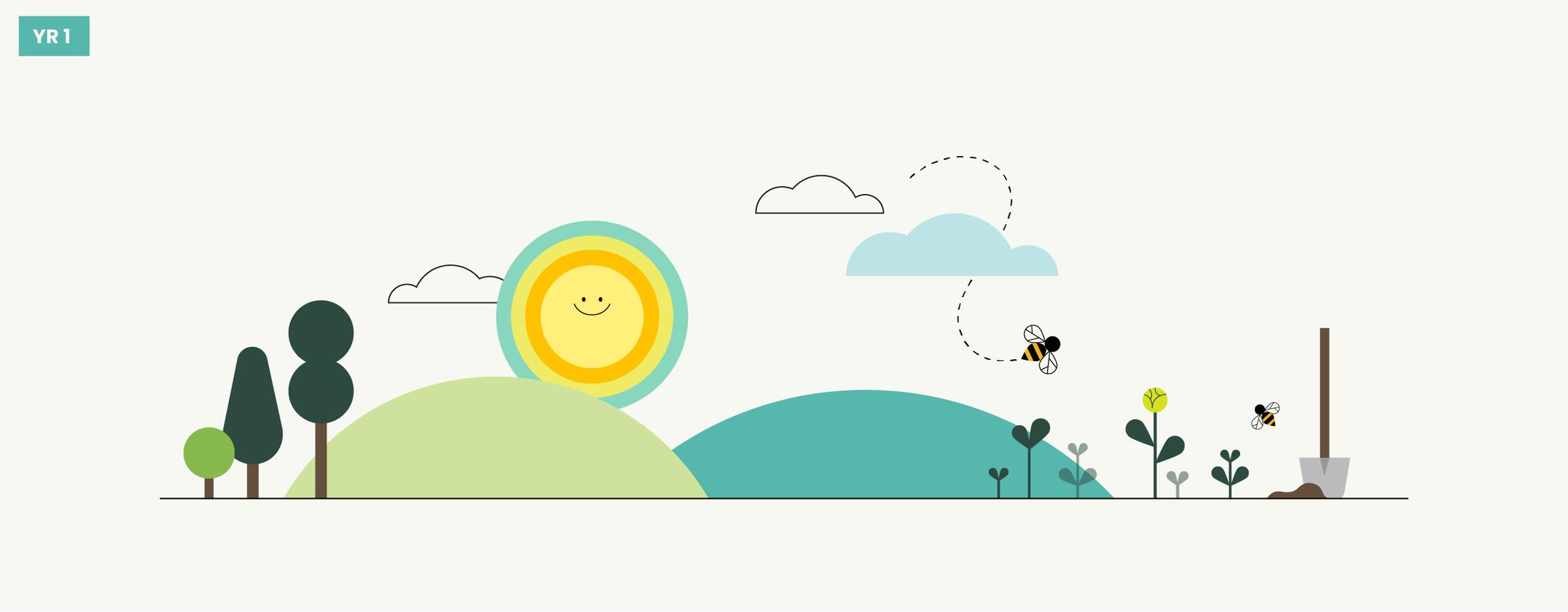
Hello Grade 1 Families,
We are right back into Term 3 and hope you had a wonderful and restful break!
Here is an update on the amazing learning that we’ve been working on.
InitiaLit
In InitiaLit, we have spent time reviewing base words and suffix combinations, nouns and verbs, as well as reading one-syllable and two-syllable words.
We are continuing to focus on the bossy ‘e’ rule together with each of the vowels. We know that words with a bossy ‘e’ at the end mean that the vowel sound will be long, and we have been applying this rule to both our reading and our writing.
These are the bossy ‘e’ sounds we have learned so far:
In Week 1, we learned the following bossy e sounds:
For example, the letter ‘u’ in cut makes the short vowel sound /ŭ/, but the letter ‘u’ in cute makes the long /ū/ sound because of the bossy ‘e’. The bossy ‘e’ itself does not make a sound.
We have been singing the Bossy ‘e’ Rap to help us remember the bossy ‘e’ rule.
Here are the lyrics for you to practice at home!
Bossy ‘e’ is super strong.
Bossy ‘e’ makes the vowel sound…long!
Adding ‘e’ to tap makes…tape!
Tap, tape, now isn’t that…great!
Adding ‘e’ to slim makes…slime!
Slim, slime, now isn’t that…fine!
Adding ‘e’ to Ros makes…Rose!
Ros, Rose, that’s how it…goes!
For more practice, have your child look for bossy ‘e’ words in their books as you are reading to or with them. You could even challenge them to write a silly sentence or story using as many bossy ‘e’ words as possible (e.g., “A snake ate a cake by the lake”).
In Week 2, we will focus on the new digraphs ‘ow’ (as in cow) and ‘ou’ (as in cloud), which both make the /ow/ sound. We use the letters ‘o’ and ‘w’ to spell the /ow/ sound at the end of words, and the letters ‘o’ and ‘u’ to spell the /ow/ sound in the middle and sometimes at the beginning of words.
Finally, here are our newest Tricky Words:
Maths
In Maths, we have been working on solving total problems, which are worded problems where we are required to find the total. For example, if a problem says, “Jin has 2 cookies and Jane has 3, how many cookies did they have altogether?” students learn to write 2 + 3 = 5 and understand that 5 is the total.
We then explored how to find half and a quarter of a length. We know that finding half involves splitting something into 2 equal parts, and that quarters involve splitting something into 4 equal parts. We extended our thinking by looking at non-examples (lengths that were not in equal halves or quarters). You can practice at home by using a piece of string, ribbon, or another household object, folding it in half and then into quarters, and marking each section to see the equal parts.
The students will also be introduced to Australian coins, learning to recognize them by their different features, such as shape, colour, and value. We will also learn how to put them in order from smallest to largest value. For additional practice, give your child opportunities to handle real or pretend coins at home.
Knowledge Building
We have begun a new exciting topic this term - Animals and Habitats! We also practiced some new skills to aid us with informative writing.
Firstly, we were introduced to 2 sentence types:
- Statements: Statements tell us things and have a full stop at the end.
- Questions: Questions ask something and have a question mark at the end.
We spent time determining whether a sentence was a statement or a question, and then we had a go at writing our own statements and questions.
Next, we learned about writing Informative sentences, which is when a sentence tells us something true about a topic; gives real information and ends with a full stop.
Sometimes these are called facts.
We met a new friend named Rattenborough, who will be teaching us about all sorts of habitats around the world. In Week 1, we learned that all habitats contain food, water and shelter for animals to survive. We explored animals and plants of the Arctic and the Arctic Ocean. In Week 2, will explore the Sonoran Desert, the African Savanna, and deciduous forests. You can test your child’s knowledge by asking them about how animals can survive in their respective habitats (e.g. How does a seal keep warm in the Arctic? Answer: Their skin contains blubber.)
Storybook
We have been reading the book called Migaloo the White Whale, by Mark Wilson. Students have been practicing retelling the story in their own words to their peers (you can ask them to retell it at home too!)
Below are three new vocabulary words we came across in the book.
We will then go on to create our own Migaloo whales out of paper and write different adjectives to describe him.
Respectful Relationships
In Respectful Relationships, we looked at calming strategies (like deep breathing or listening to soft music) and cheering strategies (like dancing or talking to a friend) to help manage our feelings. At home, you can help by encouraging your child to try a calming strategy when they feel upset or a cheering strategy when they need a boost.
Digital Technology
In DigiTech, we talked about making good choices online and being kind and responsible when using technology. Students learned how their actions can have different outcomes and practiced picking the best, safest options. At home, you can help by chatting with your child about how to be respectful online and what to do if they come across something that doesn’t feel right.
NAIDOC Week Celebration at TRPS
This year, NAIDOC Week was celebrated from Sunday, 6th July, to Sunday, 12th July. It was important time to recognise and honour Aboriginal and Torres Strait Islander Peoples’ history and culture. To show our support and learn more, students took part in creating a special display at the front of the school by placing their wonderfully created hand cutouts into the ground, symbolising connection to the land and respect for Indigenous cultures.
Reminders:
Please scan the QR code to view the Tricky Words video at 4:29 (pause the video) to practice all the tricky words we have learnt up until now. A little practice each day can make a big difference!
Upcoming Events in Grade 1:
- Free Dress day (Grade 6 Graduation Fundraiser - gold coin donation) - Friday, August 8th
- Bastille Day - Friday, August 15th
- Book Week Dress Up Day - Friday, August 22nd
PLC 1





